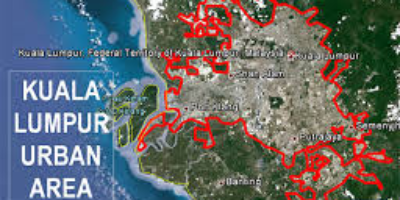14 gen 1900 anni - Modern Urban Planning (Industrialised Europe)
Descrizione:
cities of the 19th century had grown at a tremendous rate, with the pace and style of building largely dictated by private business concerns.In the 1890s, one of the biggest concerns in urban development was the difficulty of removing horse manure from the streets, a notion known as the Great Horse Manure Crisis of 1894. The evils of urban life for the working poor were becoming increasingly evident as a matter for public concern. The laissez-faire style of government management of the economy, in fashion for most of the Victorian era, was starting to give way to a New Liberalism that championed intervention on the part of the poor and disadvantaged. Around 1900, theorists began developing urban planning models to mitigate the consequences of the industrial age, by providing citizens, especially factory workers, with healthier environments.
Modern zoning, which enabled planners to legally demarcate sections of cities for different functions, originated in Prussia, and spread to Britain, the USA, and Scandinavia. Public health was cited as a rationale for keeping cities organized.
Aggiunto al nastro di tempo:
Data:
14 gen 1900 anni
Adesso
~ 125 years ago
